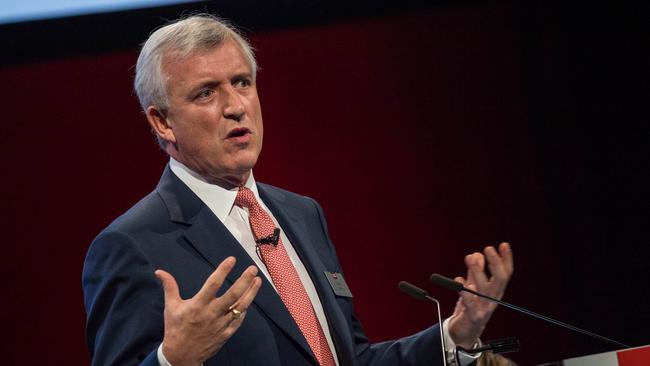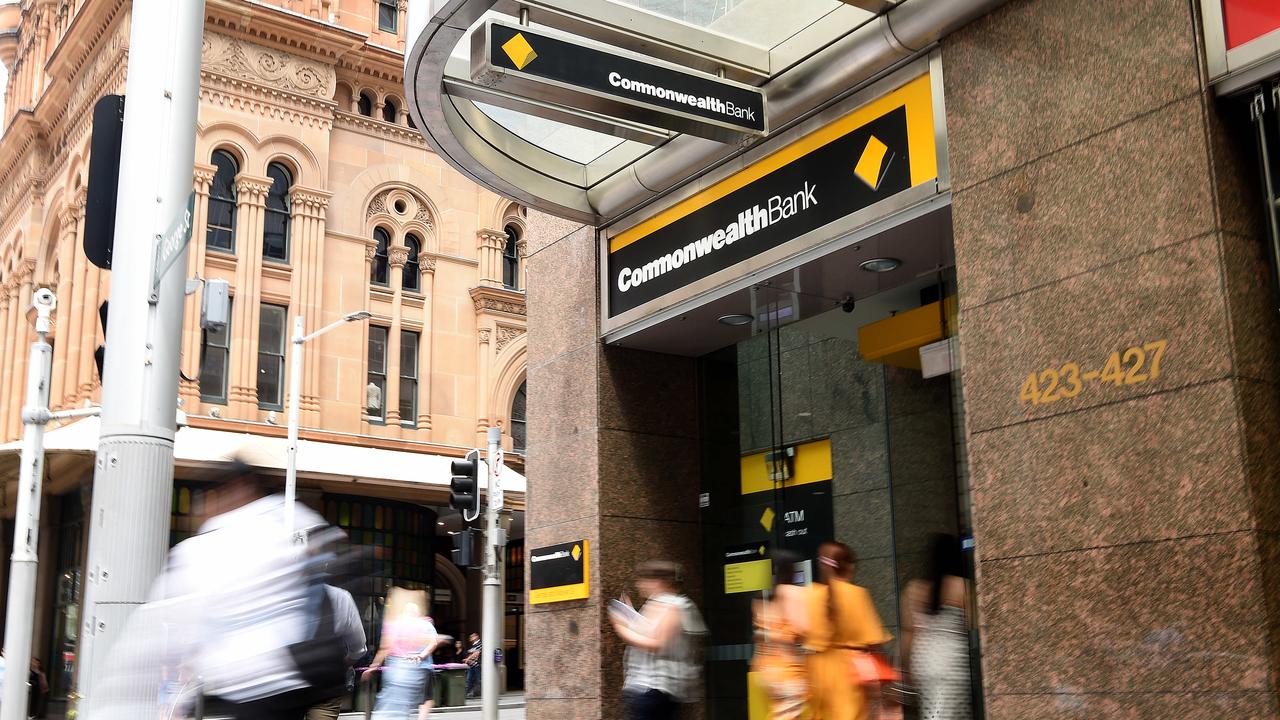Tech giants threaten banks: CYBG
CYBG chief David Duffy says technology giants like Facebook and Amazon pose a real threat to the banking sector.

CYBG chief executive David Duffy has stressed it is technology giants like Facebook and Amazon that pose a real threat to the banking sector rather than the fintechs, which largely push into areas banks can replicate or partner on.
CYBG, which was cut loose by National Australia Bank in a 2016 demerger, will be renamed Virgin Money UK in late 2019 as it adopts the name of its acquisition target and progressively rolls it out across the business next year.
The dual-listed bank includes brands including Clydesdale Bank, Yorkshire Bank and online arm B.
Mr Duffy has devised a digital strategy that rewards loyalty and looks to better harness technology, partly because he foresaw the entry of technology behemoths into financial services.
“We’ve been talking about Facebook and Amazon and the others since 2012, knowing full well they would get into banking. We always knew they would get into payments and processing and that would be the start … then lending from there,” he said.
Apple has unveiled its own credit card and Facebook last week announced plans to launch a digital currency, Libra, next year.
Mr Duffy said it was the large technology companies that had the distribution and funding capability to take on banks, prompting a bigger push by CYBG to up the stakes on a digital platform and look to newer banking models.
“The idea is to be an innovator with a brand that is much less banky,” he said, noting the strategy would link bank accounts to other Virgin products and facilitate rewards for loyalty.
CYBG is also fostering partnerships, such as its alliance with Paypal that allows customers to link their accounts, and ventures with fintech groups Salary Finance and Ezbob.
“Fintechs aren’t going to eliminate banking … but collaboration is a good thing and there are lots of solutions for customers,” Mr Duffy said.
He is an ambassador of the UK government’s FinTech Alliance, which aims to bring together the industry’s ecosystem.
However, even as CYBG plots its strategy for the next three years, the bank continues to be plagued by legacy internal issues and a challenging economic and political environment in Britain.
Analysts at JPMorgan upgraded their earnings estimates after the bank’s capital markets briefing last week but cautioned CYBG’s risk-reward was “capped by” a Brexit overhang.
“We remain cautious on above-market growth in unsecured and SME (lending) ahead of an uncertain Brexit outcome,” analysts, led by Raul Sinha, said.
Mr Duffy admitted the current external economic environment wasn’t conducive to company growth.
“The basic story is it is a weak environment, there’s going to be no upside and yet we can deliver all of these targets,” he said.
Among those is a statutory return on tangible equity target of at least 12 per cent by 2022.
The bank is also focused on growing at above market levels in business and unsecured lending, while also maintaining its position in the highly competitive mortgage market.
It last week outlined an additional £50 million ($91.5m) in net cost savings on top of existing £150m annual savings from the Virgin transaction.
CYBG also expected an operating common equity tier one ratio of 13 per cent and to generate about 100 basis points of excess capital annually, leading investors to believe there was scope for a capital return.
Mr Duffy pointed to the potential for an economic return over the medium term.
“There is certainly potential for that. It’s probably not the first couple of years as you’ve got to get through Brexit, get through the integration and make sure regulators are happy,” he said.
CYBG is in the complicated process of ruling off claims and processing costs stemming from a UK payment protection insurance miss-selling scandal. It is also fending off legal action lodged by claims management group RGL over alleged miss-selling of tailored business loans.
Mr Duffy refuted that action.
“We will be very aggressively robust about the veracity of any of these claims. We are not going to be hustled into negotiating for something that has no substance,” he said.
CYBG’s London shares have gained about 4 per cent this year, but are well down on the highs seen in August 2018.



